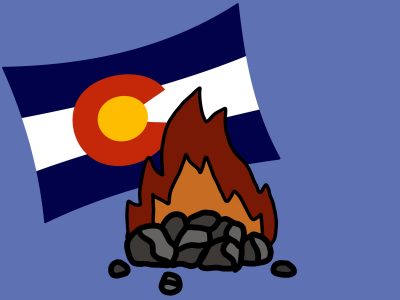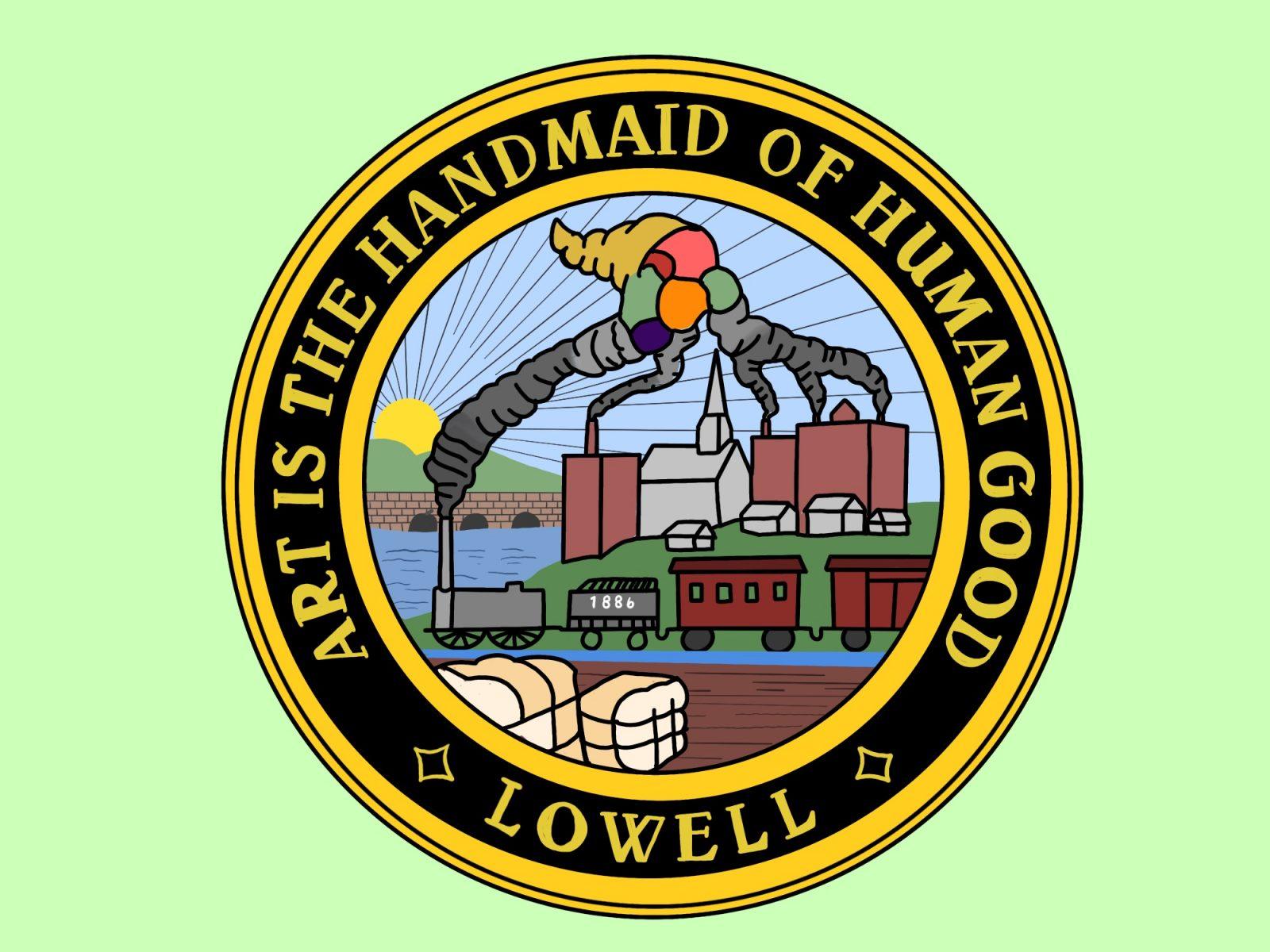In developed democracies, systemic violence takes the form of food insecurity, poverty and homelessness. The Ludlow Massacre, and other similar historic events, bring public attention to the protection of worker’s rights. When more people are aware of these events, they can work together to prevent state sponsored corporate violence of this magnitude from still occurring.
On the cool morning of April 20, 1914 a 1,200 person tent colony was stirring on the outskirts of Ludlow, Colorado. It was a boom town, belonging entirely to the Colorado Fuel and Iron conglomerate, and owned by the notorious robber baron John D. Rockefeller.
With just their wives, children and the clothes on their backs these striking miners had come to Colorado only a generation before looking for a better way of life out west. Preyed upon in this vulnerable position, the inexorable expansion of American industry shepherded them deep inside the bowels of those picturesque Rocky Mountain peaks — into boiling mine shafts where they toiled for more than 12 hours a day in the pitch blackness.
Some days they’d be rewarded nothing for this back-breaking labor, not being paid hourly but instead by the tonnage of coal they were able to produce. When they were compensated, a full day’s work produced a measly three to four dollars at most. All on top of the company’s negligent to non-existent safety precautions resulting in hundreds of fatalities annually.
Ludlow is the most notable of many locations which answered the United Mine Workers of America call for a general strike in 1913 — a strike that sparked a historic episode called the Colorado Coalfield War.

Reminiscent of feudal landlords, mine operators evicted the agitators from their shanty shacks immediately after the strikes began, inciting the creation of tent colonies. Next, the Colorado Fuel & Iron Co. hired armed guards from the Baldwin Felts Detective agency to patrol the camps. Guards would drive around the perimeter of camps in a machine gun mounted armored car and fire random shots into the camps after nightfall.
As outbursts of violence incited by these thugs surmounted, the Colorado National Guard was called in to help harass the strikers into breaking ranks. Finally, droves of non-union miners were recruited to mines that were on strike, depriving those remaining strikers of any chance to reclaim their livelihoods.
On the morning of April 20, Colorado National Guard troops stationed machine guns on a ridge overlooking the camp. They detonated dynamite to draw the attention of fellow National Guardsmen at another nearby encampment, and when this also caught the attention of several armed miners who came rushing to the sound, the militia began firing indiscriminately into the camp.
Many began to flee, but some strikers shot back, fighting valiantly even though they were severely out armed, the gun battle persisting for over fourteen hours. Those miners’ families who couldn’t escape dug pits to take shelter in from the hail of bullets. Late into the evening when they could no longer be kept at bay, the Guardsmen and hired crooks rode down the camp trampling and setting fire to the tents.
The following day, at the bottom of one of these pits, the burned, bent and broken bodies of two women and eleven children were discovered. Claiming twenty five lives and injuring countless more, the Ludlow Massacre became a pivotal point which galvanized the American labor movement.
Violent coercion is an inescapable aspect of a system which requires the vast majority to act against their own self interests. Without the implicit threat of violence, why sell your labor for a fraction of its value so a select few can profit?
In developing nations under corrupt and unstable regimes — from Congolese coltan mines to Indonesian palm oil plantations — such violence is still shockingly common in order to protect supply chains that provide the Western world with its bloated standard of living.
The Ludlow Massacre demonstrates that so long as there has been that threat of violence, there’s been those like the hired brutes and guardsmen who submitted to and helped reinforce it, and there’s been those like the strikers, brave enough to stand up against it. I implore you to decide, dear reader, which side of history you would like to be on.





























































































































